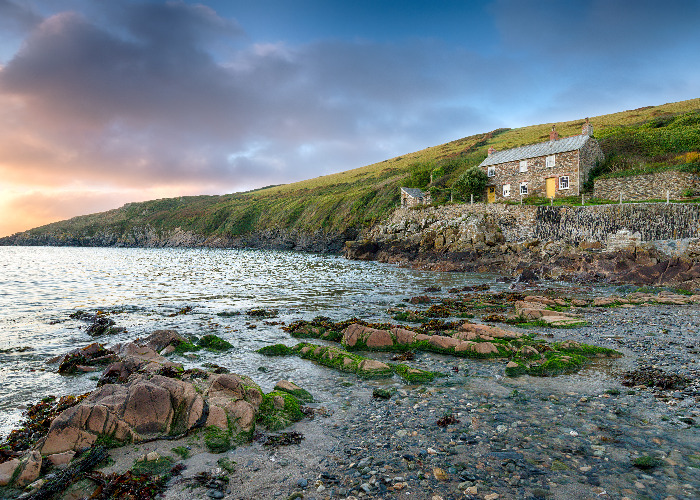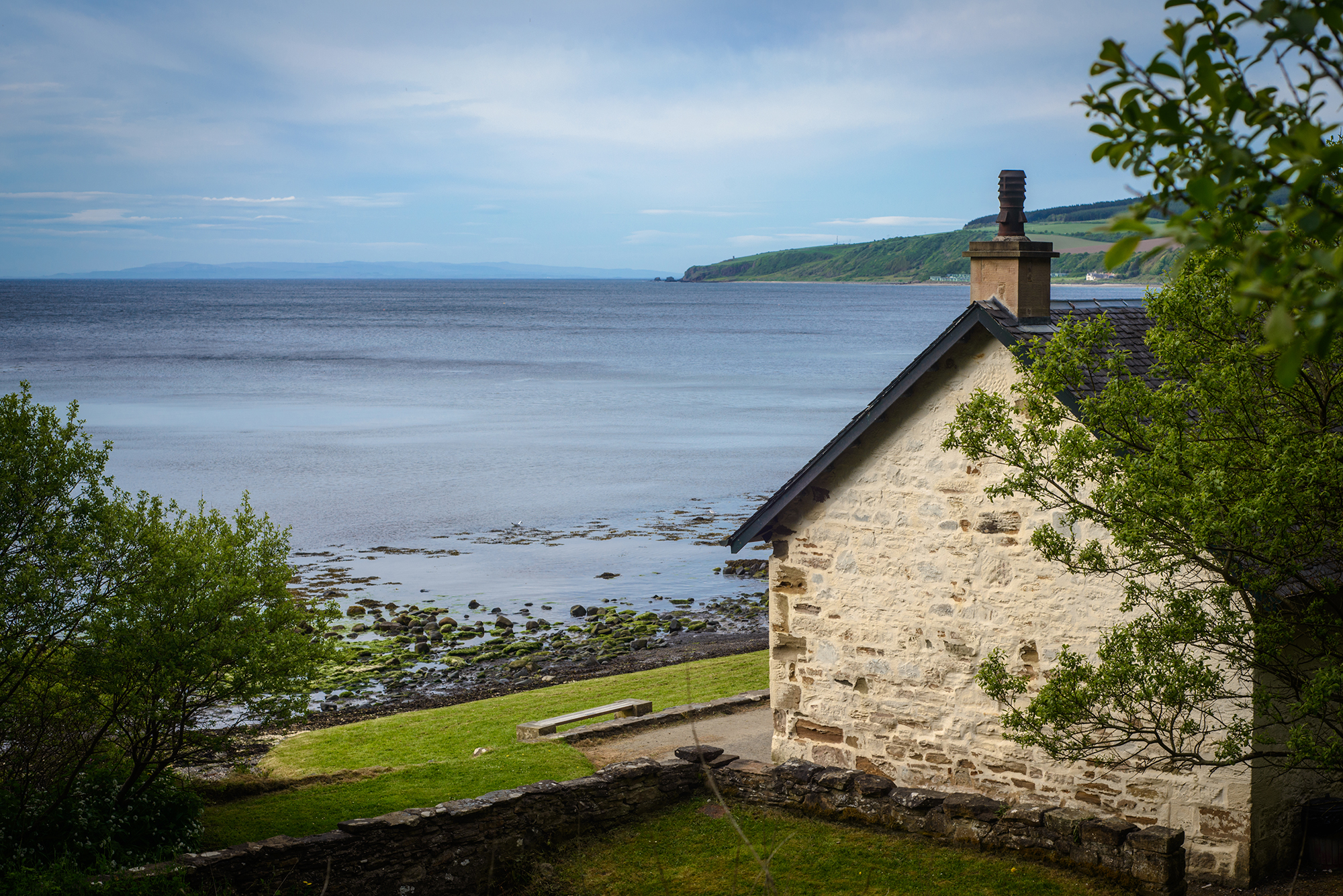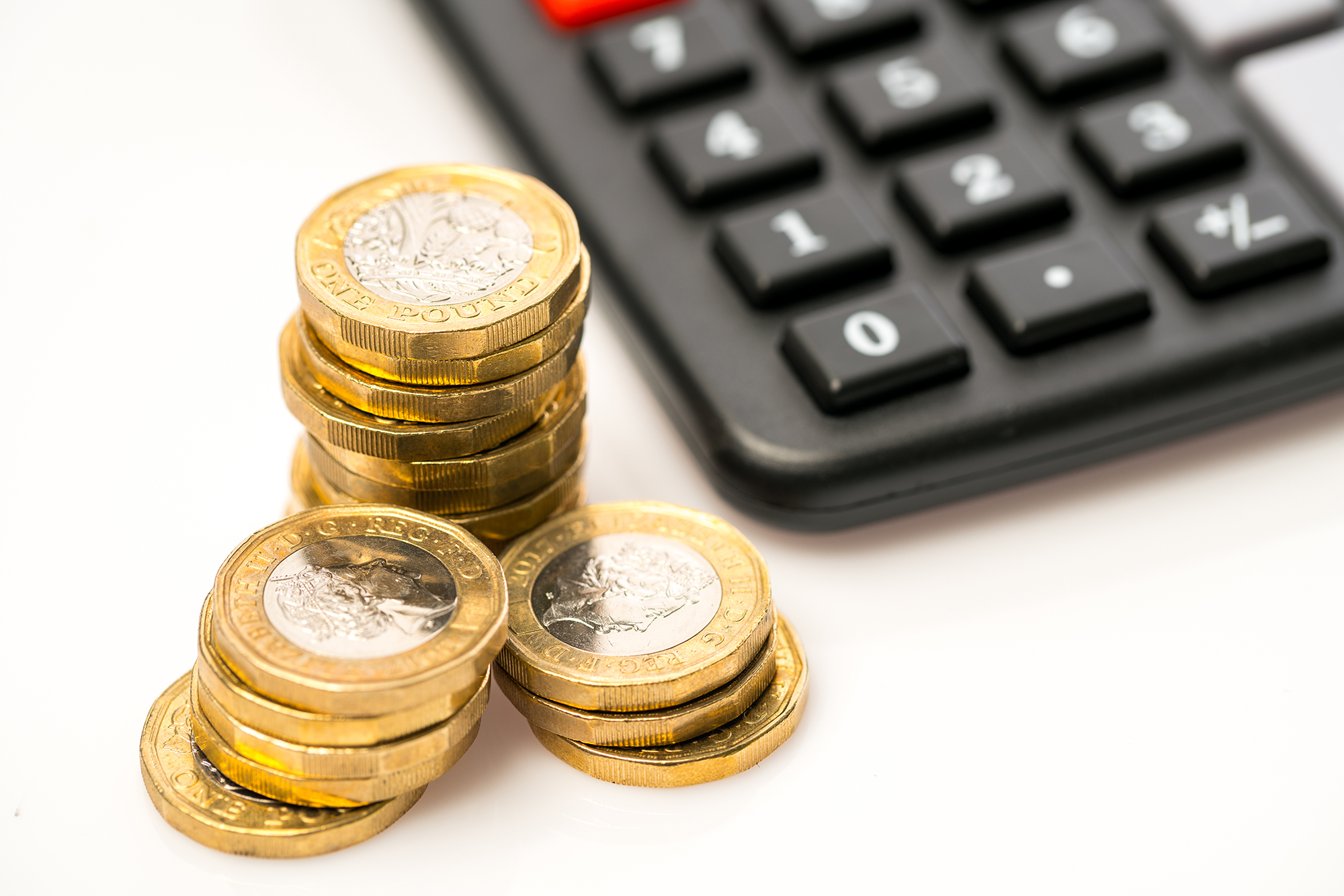How to use a holiday let investment to pay for your dream home

An anticipated staycation boom and a buy-to-let tax loophole means there’s a unique opportunity to use holiday lettings to pay for your dream home. Sarah Coles takes a look at how the investment stacks up.
The gradual easing of restrictions in the UK and uncertainty over holidays abroad this year is expected to lead to a staycation boom.
According to Aviva’s latest How We Live report, people are still cautious about travelling overseas (as of March 2021), with 37% of those surveyed planning a trip abroad over the next 12 months.
It appears more people are planning a UK holiday as 53% of people surveyed said they were planning one over the next year.
Cornwall, Devon, the Lake District and London are among the most popular staycations destinations this year, according to TravelSupermarket.
'We're using a holiday let to boost our retirement income'
How much can you make?
Holiday rentals can fetch impressive sums.
A browse through Cornish cottages on holidaylettings.co.uk reveals that a two-bedroom property by the sea will rent out for an average of between £600 and £1,300 a week but could be higher depending on the time of year.
Assuming you manage to rent it for 31 weeks a year at an average of £800, that’s an income of nearly £25,000.
A hunt through Rightmove.co.uk reveals that there are two-bedroom holiday cottages on the market everywhere from Truro to St Ives for £300,000 or less.
If you were to borrow £300,000 at 3% over 25 years (you would obviously need a deposit, but we'll get to that later) it would set you back around £17,000 a year.
Clearly £25,000 is far more than £17,000, but the maths isn’t quite this straightforward.

When you buy your holiday property, you will have to pay Stamp Duty (the threshold has been raised to £500,000 until 30 June 2021), plus pay an additional 3% on properties costing up to £500,000.
Between 1 July and 30 September, the Stamp Duty threshold will be cut to £250,000. So, you’ll need to pay a 3% surcharge for properties costing up to £250,000.
You’ll have to pay a higher surcharge if the property you’re buying costs more than £250,000. The Stamp Duty holiday and tapered rates end on 30 September, so normal rates will apply from October.
You also have to pay tax on the rental income.
The good news is that holiday homes are taxed differently to other kinds of buy-to-let investments. Before calculating the amount, you have to pay tax on, you can subtract the mortgage interest you pay.
For those with typical buy-to-let properties, the rules have changed. Since April 2020, buy-to-let landlords can no longer deduct any mortgage expenses from rental income, but will instead get a tax credit.
In contrast, there were no cuts to the relief for holiday lets.
Running a holiday property is treated by the taxman in the same way as running any other kind of business, so losses can be carried forward and offset against future profits.
It means that while your first year may be dominated by the cost of furnishing and preparing a property for rental, any loss you make can be offset against profits in the second year, reducing your tax bill dramatically.
Should buy-to-let landlords switch to holiday letting?
Other costs to consider
You will be subject to business rates, which will be decided by the Valuation Office Agency based on the property size, type, location and how many people can sleep in it.
The tax will depend on the value the agency puts on it, the prevailing business rate, and any relief currently on offer from the Government.
In order to qualify for any tax reductions, you have to comply with the rules of a ‘furnished holiday letting’. You must make the property available for commercial rent for at least 210 days a year – and actually rent it out for at least 105 days of that.
Aside from the tax, there’s the cost of maintenance and repairs. In the age of social media and online reviews, it only takes one person to be unimpressed with a ‘tired’ property for thousands of others to be put off.
You will therefore need to keep it in great condition, which means replacing items and redecorating far more frequently than you would in your own home.
You also need to consider the bills, which range from insurance, a TV licence, energy bills, internet connection, and water rates.

Finally, you need to consider property management. Some people choose to do the work themselves. It means being close enough to be on call for tenants, and to clean, tidy and repair anything after the guests have left.
For people who buy a property some distance from their home, this isn’t usually practical. In this case, they may need to employ a property manager, who in turn will employ cleaning staff.
The cost of these services varies, but owners can easily spend between 15% and 30% of their rental income on property management.
All of these costs can be offset against profits for tax purposes, but they still need to be factored into your calculations when working out whether you can cover the mortgage of a holiday home by renting it out.
Holiday lets: how much can you make?
Getting finance
Even when the maths stacks up, there is the issue of financing the purchase. If you can free up the money to pay in cash, there’s no issue. But if you need to borrow, you may have a job on your hands.
There are a handful of specialist mortgages available, but these are few and far between.
Traditional buy-to-let lenders tend to steer clear of the market as there’s a much higher risk of void periods than with long-term rentals, so there’s less certainty for them that you can afford to pay the mortgage.
If you are determined to borrow for a holiday property, you may need to use a broker to track down and negotiate a mortgage for you.
It is still likely to mean you need a substantial deposit – often 25% – and that you may have to accept a variable rate mortgage, which makes up most of the market.
Alternatively, you can mortgage your own home and free up cash to buy a holiday property – assuming you have enough equity in your property.
Finding a property
If you overcome all these obstacles and decide a holiday home is the right investment for you, the only thing left to decide is what property to buy.
There are plenty of people who will come unstuck at this point too. The problem is that your dream home by the sea may not be an ideal holiday let.
A survey by holidaycottages.co.uk found that people renting a property are often looking for the kinds of things that residents don’t want the hassle of.
This includes a hot tub (which increases revenue by 44%) and a swimming pool (which adds 18%).
Location can be an issue too. While holidaymakers may jump at the chance to stay in a terraced home in St Ives, within walking distance of attractions of the town and the beach, when you’re retired, the idea of a noisy property with nowhere to park may be somewhat less appealing.
The kind of property you opt for can be a sticking point too.
To make the best possible return from a rental property, it makes sense to have plenty of bedroom space compared to reception space: the more people you can sleep, the more you can charge.
But you have to ask yourself whether when you finally retire to your dream home by the sea, you’ll really want a property with a small lounge and four double bedrooms.
The risks
If you borrow to invest in a holiday home, you need to fully understand the risks you are taking.
There will be unexpected costs and there may be periods where you struggle to rent it out.
Before you take this leap, you need to be aware that things won’t be straightforward and have resources in place to ensure that when complexities arise you can still pay your bills.
Every case is different, so before embracing or dismissing this opportunity it’s well worth doing your research to see if it would work for you.
More from loveMONEY:
Deferring your State Pension: how much can you get and is it worth it?
Can technology rock financial markets?
Opinion: why banks must stop using gimmicks to sell financial products
Comments
Be the first to comment
Do you want to comment on this article? You need to be signed in for this feature